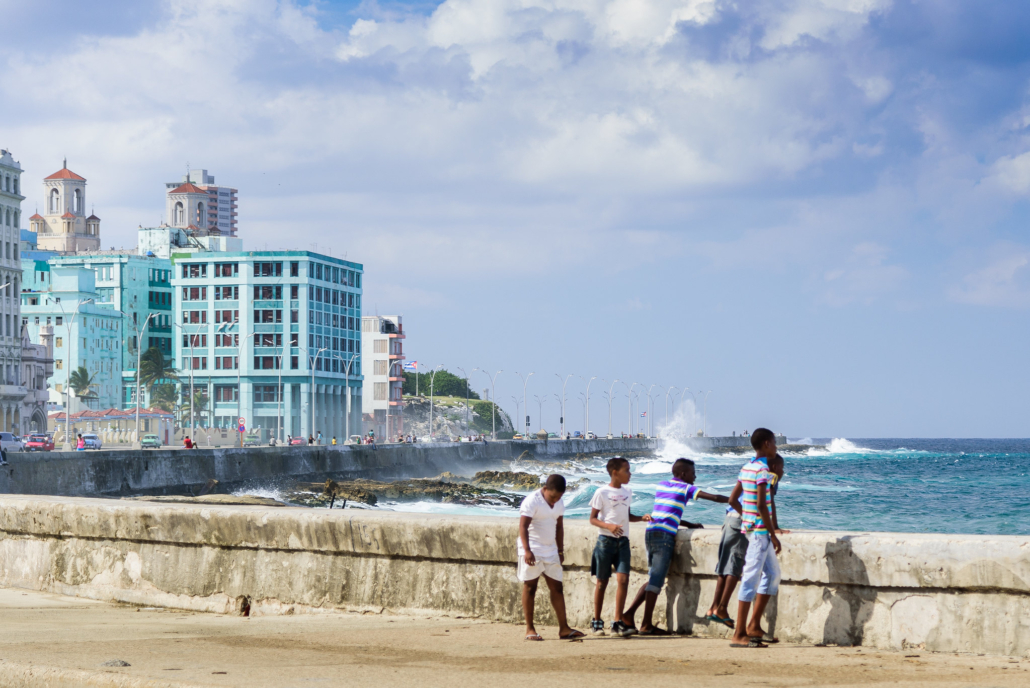Addressing Child Trauma in the Caribbean

Grenada is a picturesque island nation at the tip of the Windward Islands region of the West Indies with a population of just under 125,000. Currently, the rate of poverty hovers around 38%, estimated by a Food for the Poor report. As a result of the high poverty rate and the legacy of colonial dehumanization, abuse is common in Grenada with 30% of women reporting mistreatment. In 2019, authorities charged a man with raping a 9-year-old girl, an instance in the 30% increase in sexual crimes against children that year.
The National Bureau of Economic Research found that poverty is a significant risk factor for neglect and physical abuse. Poverty can compromise parents’ emotional health, causing absences from home and a willingness to exploit to survive. Child abuse is a global problem, but one NGO is doing something about it. Here is how Reach Within is addressing child trauma in the Caribbean and Grenada.
Reach Within
Reach Within, a program by the Windward Islands Research and Education Foundation, combats child trauma in Grenada. It works within the Grenadine community ecosystem: teachers, politicians, health care workers and clergy enact its programs. Community members learn through Reach Within programs how to provide trauma-informed care. Trauma-informed practices bring hope to homes for children, foster homes and to kids on the street. Reach Within’s “philosophical underpinnings” are the cycle of rebirth following a loss. In the words of a volunteer, the organization holds that “every child, no matter their history, can learn to access their inner resources.” Reach Within has developed three, high-impact, low-cost programs that give abused children a future of safety and healing.
Self-Regulation Program
This program works beyond traditional “talk therapy.” Some children do not respond well to talking about trauma, as memories of pain can be retraumatizing. Instead, the Self-Regulation Program involves movement therapy such as tapping, drumming, yoga and breathing. According to the “Science Behind PTSD” published by the Boston Clinical Trials, trauma hits the brain stem first, which is underdeveloped in children, leading to intense anxiety that higher brain regions cannot rationalize. Reach Within uses rhythmic movement to heal this trauma. Rhythmic, repetitive music and movement help mature the brain stem and reach the child’s inner resilience.
Caregiver Certification Program
Caregivers provide the stable human attachment necessary to repattern traumatized brains. Trained in the best methods of treating child trauma, caregivers learn the brain regions affected by trauma and how to reframe traumatic events to help regulate emotional experiences. Healthy attachment can be the result of therapeutic play and eye gazing that form a sympathetic, caring human bond. This bond is imperative to successfully overcoming adversity. Self-care is also central to Reach Within’s caregiver program and caregivers are “provided with support groups and retreats” to foster growth and sustainability in all members of the community.
Transitional Living Program
This Reach Within program targets youth who are phased out of living in residential programs. It provides young adults with educational opportunities, housing and emotional support to prevent abandonment and the furthering of the cycle of abuse. These youths become mentors to the community’s children, “informing their behavior in school, work, and the world at large.”
Increasing Its Impact Addressing Child Trauma in the Caribbean
Reach Within’s practices break cycles of abuse by using science-backed soothing techniques and continuing care into adulthood. This program is built into the community’s strengths and values so that healing children’s psychological wounds can be sustainable. Despite the hurdles of poverty and a government with few policies to limit child abuse, Reach Within has dug deep roots over the past decade in Grenada’s communities with a lasting legacy. It is looking to spread its practices to address child trauma in other islands in the Caribbean. And the results so far suggest that other countries could emulate Reach Within’s philosophy and neurodevelopment-informed programs to free children from the cycle of abuse.
– Caroline Crider
Photo: Flickr
